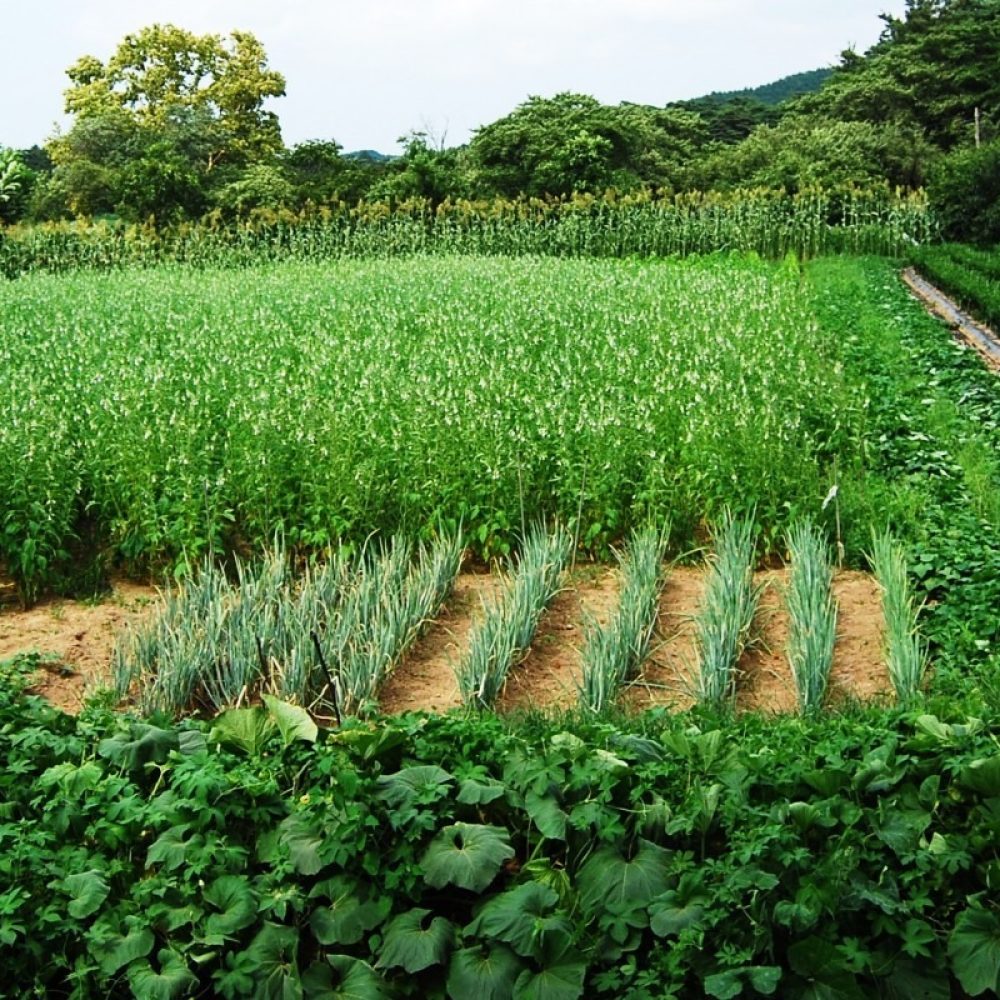
Advantages
Organic agriculture, which represents a holistic production management system that promotes and enhances the health of agro-ecosystems, including biodiversity, biological cycles and soil biological activity, is therefore important. Many studies have shown that organic farming methods can produce even higher yields than conventional methods.
- It helps to preserve and improve the environment.
- It reduces risks to human and animal health by reducing the level of pesticide residues in products.
- It ensures optimal use of natural resources for short-term benefit and helps in their preservation for future generations.
- It saves energy and reduces the risk of crop failure.
- It improves the physical properties of the soil such as granulation, good aeration, easy root penetration and improves water holding capacity and reduces erosion.
- It improves the chemical properties of the soil such as the supply and retention of nutrients in the soil, reduces the loss of nutrients to aquatic organisms and the environment and promotes favorable chemical reactions.
- It helps keep agricultural production at a sustainable level.
- It reduces the costs of agricultural production
Organic methods can increase farm productivity, repair decades of environmentally damaging activities, and connect small family farms into more sustainable distribution networks leading to improved food safety if they are organized in production, certification and marketing, and joint market performance. In the last few years, an increasing number of producers are showing disinterest in agriculture, and people who traditionally engaged in agriculture are moving to urban areas. Organic farming is one way to promote either self-sufficiency or food security. The use of large amounts of chemical fertilizers and toxic pesticides poisons the soil and water and other natural resources. The consequences are severe ecological consequences, including loss of topsoil, reduction of soil fertility, pollution of surface and groundwater, and loss of genetic diversity.
Organic agriculture, which represents a holistic production management system that promotes and enhances the health of agro-ecosystems, including biodiversity, biological cycles and soil biological activity, is therefore important. Many studies have shown that organic farming methods can produce even higher yields than conventional methods. A significant difference can also be observed in soil health indicators such as nitrogen mineralization potential and microbial abundance and diversity, which were higher on organic farms. Increased soil health on organic farms has also resulted in significantly lower incidence of insects and disease. Emphasis on integrated small-scale farming systems has the potential to revitalize rural areas and their economies.
